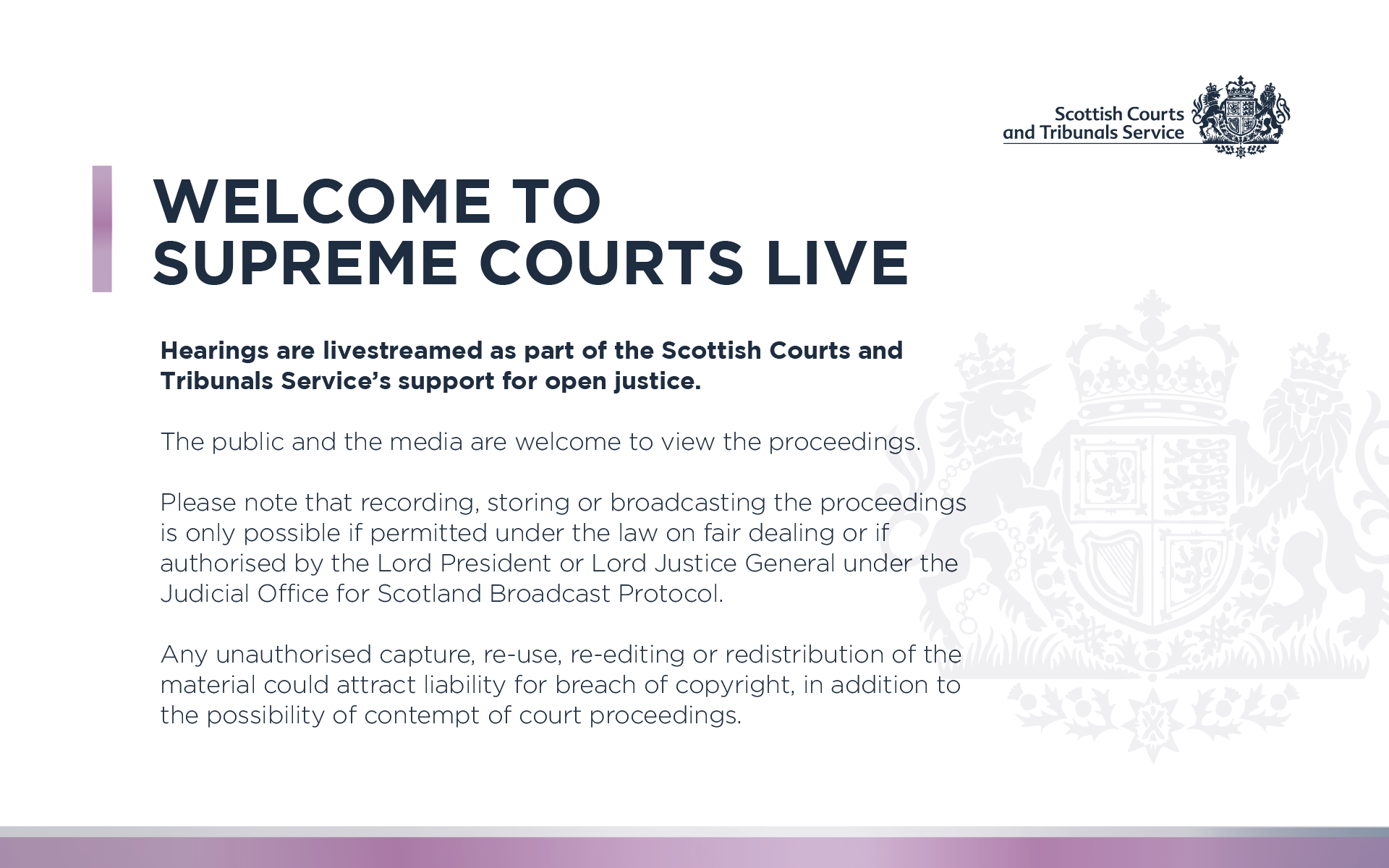Case description
The reclaimers (appellants) claim to be Afghan nationals. The respondent contends that they are Indian nationals. They arrived in the UK on 24 March 2018 and claimed asylum. That claim was refused. They appealed to the First-tier Tribunal, which refused their appeal on 5 July 2022. The appellants applied to the First-tier tribunal to appeal the decision to the Upper Tribunal, but the application was refused on 30 August 2022. They subsequently applied to the Upper Tribunal to hear the appeal. This application was refused on 13 November 2022.
These proceedings stem from the appellants seeking judicial review of the decision of the Upper Tribunal of 13 November 2022. The Secretary of State for the Home Department submitted that this was incompetent under section 11A of the Tribunals, Courts and Enforcement Act 2007 (introduced by the Judicial Review and Courts Act 2022). This case was heard alongside another related action on the same issues, SOOY v The Secretary of State for the Home Department.
Two arguments were advanced at first-instance on behalf of the appellants. First, that as judicial review is a devolved matter the UK Parliament could not legislate to restrict judicial review in Scotland. Secondly, the court could not give effect to s. 11A due to two constraints on parliamentary sovereignty. The first was article XIX of the Treaty of Union 1707 which states that the Court of Session shall remain in Scotland with the same authority and privileges as prior to the Treaty unless regulation was for the better administration of justice. The position advanced was that s.11A was not for the better administration of justice. The second was the rule of law, which constrains the principle of parliamentary sovereignty at common law.
The Lord Ordinary refused the petition for judicial review. The question of whether the 2022 Act is for the better administration of justice was not justiciable. On the rule of law point, there was nothing inimical about a provision which restricts rights of appeal.
The appellants challenge the Lord Ordinary’s decision firstly on the basis that the Treaty of Union is justiciable as a founding constitutional Act. Secondly, the Lord Ordinary erred in failing to recognise that the constraint that the power of the Parliament of Great Britain to make regulations for the “better administration of justice” is expressly subject to the Court of Session retaining, in all time coming, the same “authority”. Finally, the appellants contend that a consequence of section 11A is to intrude upon, and diminish, the authority of the Court by removing its authority to exercise its supervisory jurisdiction over inferior bodies.

